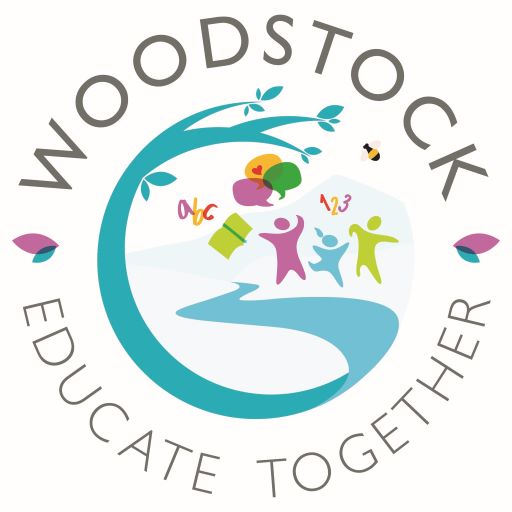Junior Infants – Ways you can prepare your child for school!
- Talk about school, concentrate on the positive aspects of school, such as the friends your child will make and the activities they will do such as painting, jigsaws, going on trips. Ask them about their day. Don’t be surprised if they say they did nothing in school as often they don’t realise that they are learning. Early oral language development has a strong impact on a child’s reading ability.
- Write their name on EVERYTHING – coats, hats, bags, lunchboxes, flasks, clothing etc.
- Teach your child how to take off and put on his/her coat, and how to open and close zips, buttons, buckles and laces.
- Show your child how to use and flush the toilet properly and how to wash their hands properly.
- Encourage your child to share their toys and to tidy up after playing.
- Choose a lunch box and flask that is easy to open and use it over the Summer to practice.
- Give some thought to lunches – E.g. Peel oranges, cut apples, easy to open foods are best!
- Read stories with your child in English and your family language (if different)
- Practice their sounds and sight words when they begin to get homework.
- Encourage good behaviour and praise them positively.
- Come to the meetings in school arranged for the parents.
- The most important thing that you can do to prepare your child for school in the next few months is to READ to them EVERY DAY.
- Practice nursery rhymes/at home: Familiarity reassures children and gives them greater confidence. Reading readiness is the key skill to introduce your child to the mechanics of reading, reading direction, the conventions of writing, awareness of text and most importantly nurturing a motivation to read and develop a love for books.
- Play helps a child develop motor skills, visual discrimination skills and vocabulary. Play also encourages children’s social skills in order to establish friendships- snap, matching, jigsaws etc. have much educational value.
- Make sure your child has plenty of sleep. Starting school can be traumatic and exciting, and also very tiring!
- On the first few mornings try not to stay too long in the classroom. Remember it is a valuable part of your parenting skills that you have developed your child to be independent enough to go to school. Give your child a hug and let them go into the class. If there are any concerns we will contact you.
- Encourage independence where your child hangs up their own jacket, carries in their own bag and takes down their own chair. If you need to stay close by, go and have a coffee in the school before you leave.
- Limit Screen time – especially before your child comes to school and before they go to bed.
- Encourage your child to colour, write, scribble, paint, manipulate play dough, cut safely as this strengthens the child’s hand muscles to enrich gross and fine motor skills.
- Use Travel commutes times- Play I spy/ Reg numbers/Guess Who?
- Become involved in school life.
Keeping the Mind Active-LITERACY/NUMERACY/SESE/AISTEAR/GAEILGE/ETHICAL ED
Parents please see link below to our Padlet which shares ideas and resources on various fun topics.
https://padlet.com/nickijane9/Bookmarks
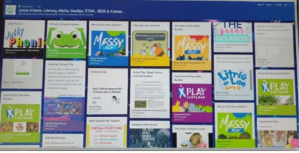
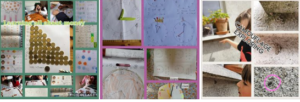
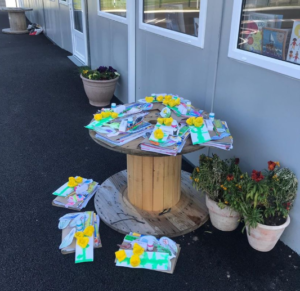
Keeping our Bodies & Heart Active- SPHE/Health & Well-Being:
A link below to Nicola’s mindfulness website which parents and children may find very useful in maintaining their health & well-being during these strange and unprecedented times ?
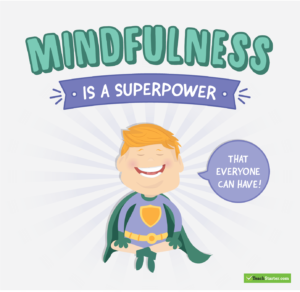
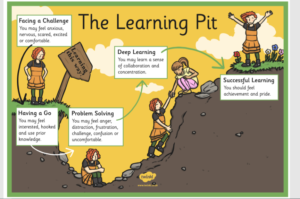
You can find our school news here!
You can read news from the Educate Together national office here.
SPHE: Stay Safe/Walk Tall & Relationships & Sexuality (RSE) Programmes:
- Social, Personal & Health Education is an important element of our school day:
- SPHE is a lifelong process that begins before the child comes to school and will continue long after they have left. SPHE promotes the values of a just and caring society in an age-appropriate manner. It fosters self-esteem, and confidence at every opportunity.
- This link gives parents insight into topics explored within the Stay Safe Programme–

http://www.staysafe.ie/PDFs/Parents/Stay-Safe-Parents-Guide.pdf
RSE Programme comprises of teaching and learning about the cognitive, emotional, physical and social aspects of relationships and sexuality. It is offered at an age appropriate level. To deepen parental insight please find attached the current RSE curriculum guidelines- Simply tap on the book link provided below for each class level:
 |
 |
 |
 |
Walk Tall Programme: Compromises practical strategies to support children’s well-being. For a general overview please visit link below:

